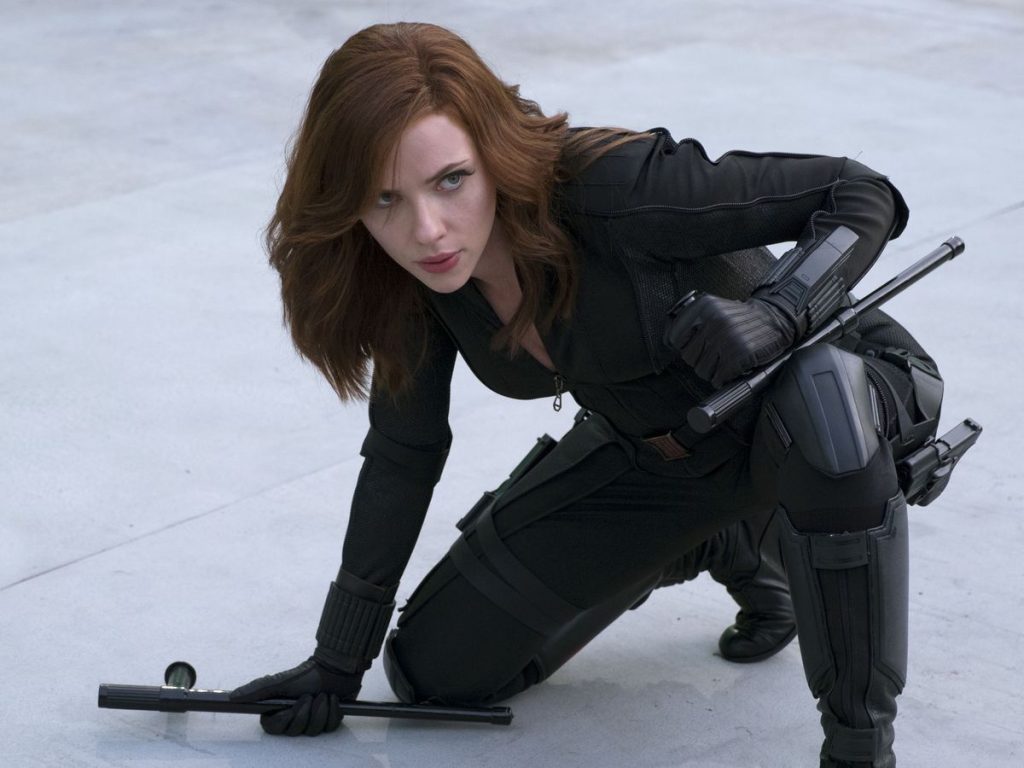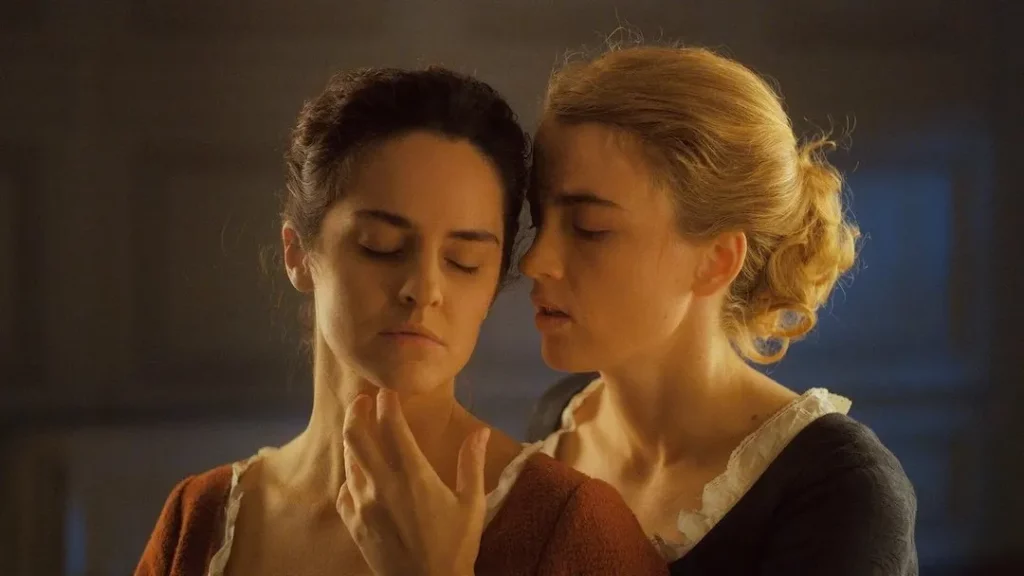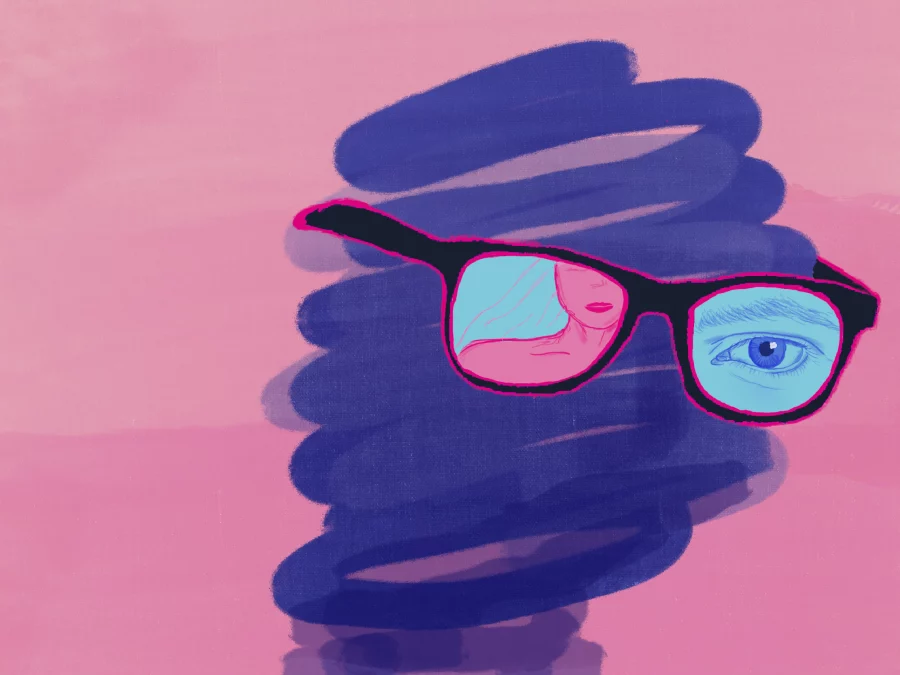The male gaze, literally translated, is the nature of things seen from a male perspective. Have you ever noticed that some films or advertisements seem to present women through a distinctly masculine lens? This view is rooted in the so-called “male gaze”. Developed by Laura Mulvey in her seminal 1975 paper “Visual Pleasure and Narrative Cinema,” the male gaze challenged Hollywood’s normative portrayal of women. Mulvey argued that the portrayal of women in cinema was often through a heteronormative, male perspective, making them objects of male desire. This theory opens up a critical dialogue between film and gender studies, highlighting the power structures implicit in visual narratives.
The Male Gaze in Modern Media

The male gaze persists in various forms in today’s media landscape. A prime example is the 2019 film The Avengers: the Endgame. Here, Black Widow, played by Scarlett Johansson, is often used to emphasise her physical attractiveness in contrast to her male counterparts, who are portrayed in a way that emphasises their strength and heroism. Maybe it’s because my attraction was still skewed with it when the film was released. Still, when we look back at the film, this differential treatment embodies the male gaze, relegating the female characters to objects of the male gaze. At the same time, men are depicted as figures of power and agency. This not only reinforces gender stereotypes but also subtly shapes social norms about femininity and attractiveness as academics and media consumers.
Counterpoint: An Alternative View

Not everyone agrees that the male gaze is always an issue. Some say it’s too easy to explain how men and women are represented in the media. “But I don’t think the female gaze is directly equivalent to the male gaze. The male gaze creates an imbalance of power. It supports the patriarchal status quo and perpetuates the sexual objectification of women in real life.” (Andy Simmons, 2016) As Andy states, this seems to have become a problematic idea to break, even with the advent of the female gaze, and this female and male gaze are fundamentally different. But, nowadays, more and more films and TV programmes are trying to show women in other and better ways due to more women directing and scripting stories.
The Role of Media and Society
The role of the media in shaping social norms must be considered, especially in an academic context where critical thinking and analysis are crucial. Media creators and consumers must recognise and challenge the male gaze, including us as students and educators. This involves promoting and engaging with media beyond traditional stereotypical portrayals of women, valuing their agency and multidimensionality.
References
Janice Loreck Teaching Associate in the School of Media. (2023, February 8). Explainer: What does the “male gaze” mean, and what about a female gaze? The Conversation. https://theconversation.com/explainer-what-does-the-male-gaze-mean-and-what-about-a-female-gaze-52486
Mulvey, L. (1975). Visual pleasure and narrative cinema.
Walt Disney Studios home entertainment. (2019). Avengers: Endgame. Milano.


Emerson said, “Perception is not whimsical, but fatal.”
The objectification of women is particularly evident in the entertainment industry. The film character of Black Widow is a reflection of the objectification of women. Objectification is the treatment of women as objects, ignoring their feelings, autonomy and dignity as human beings, with women’s worth being recognised according to the extent to which they are used/evaluated or conform to a regulated role. In reality, under the male gaze, the female body already has great attraction, and then through the focus and magnification of the film camera, it naturally becomes a commodity with great market value.
The blog Rethinking the Male Gaze: A Critical Analysis of Modern Media and Academia critically examines the concept of the male gaze in the media, discussing its continuation in modern cinema and the contrasting emergence of the female gaze. It argues that the male gaze objectifies women and reinforces gender stereotypes, as seen in Hollywood films such as The Avengers: Endgame, and highlights the importance of the media in shaping social norms. The article emphasizes the need for media creators and consumers, including students and educators, to acknowledge and challenge traditional portrayals of women and advocate for more diverse and authentic representations.